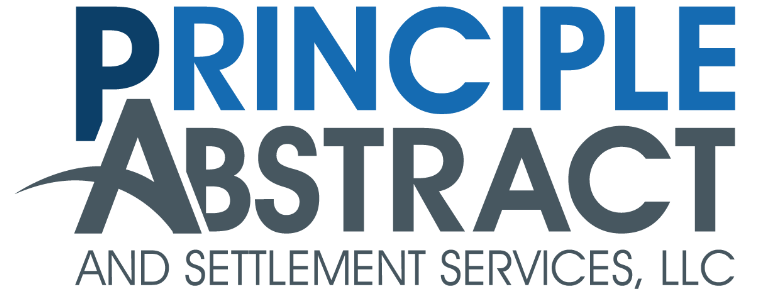Purchasing or inheriting a home from an estate can be an…

Safety and Privacy Concerns During Real Estate Transactions
Real estate transactions, whether you are buying, selling or refinancing, requires a lot of access to your personal life. This takes the form of physical access during open houses, home showings, etc. It also takes the form of digital access due to the types of paperwork required to close a transaction. These can include bank statements, forms of Identification, paperwork containing social security numbers, etc. No real estate transaction should come at the risk of any breach in privacy.
In this month’s blog, we discuss the steps you can take to ensure that your data and privacy can be better protected.
Physical Documents
Physical documents are often printed out and stored in various locations within someone’s home. Hopefully, that includes a safe or locked filing cabinet at a minimum. Yet during an active transaction, such as a home sale, it’s easy to lose track of or leave out paperwork that is being generated. Coupled with regular home showings and open houses, it’s easy to leave your privacy in a vulnerable state.
Steps to Consider:
- Ensure you are consolidating all your paperwork in a single location. Try not to leave paperwork on a printer tray, for instance.
- When not reviewing the paperwork, set it aside somewhere out of site – or better, locked away in a safe or in a locked filing cabinet or desk drawer.
- Once you’ve digitally scanned and/or no longer have use for a particular document, destroy it in a shredder.
- Don’t leave documentation in a car overnight. It’s easy to leave a briefcase in the back seat of your car – it’s worth the chore of running back to the car and grabbing it to keep your overall risk down.
Digital Documentation
While the internet has made storing and sharing documents a lot easier, your digital environment is vulnerable to hacking and other forms of cybercrime and proper care should be taken to ensure that your documents are well protected.
Steps to consider:
- Password protect sensitive materials if at all possible (keeping your password in a safe place.)
- Properly name and file your documents so that they are not lost within your computer and forgotten.
- Do not leave documents that are no longer needed in your recycle bin.
- Create backups of your documents via a physical memory source like a USB hard drive or cloud storage solution.
- Do not leave sensitive information in an email client.
- Be extremely cautious when sending information over email.
Work with Reputable Professionals
Working with reputable and well-established professionals will make all the difference. Real estate agents should be quick to coach you on many of these topics and will have security protocols in place to ensure that documents are being properly stored and protected between all parties involved. The same goes for lenders and title insurance professionals, most of whom should have secure file sharing services that allow their clients to safely upload and organize all the required documents, collect all signatures, etc. It’s in all our best interest to ensure and maintain a high level of trust.
Any of the professionals involved with your transaction should be able to clearly and thoroughly answer questions about their data and privacy mitigation procedures and consider it a paramount priority.
Principle Abstract and Settlement Services only works with the area’s most highly reputable agents and lenders, and works tirelessly to ensure that our information is properly stored and maintained. If you would like to learn more or would like to get started on a real estate transaction, contact us today.



